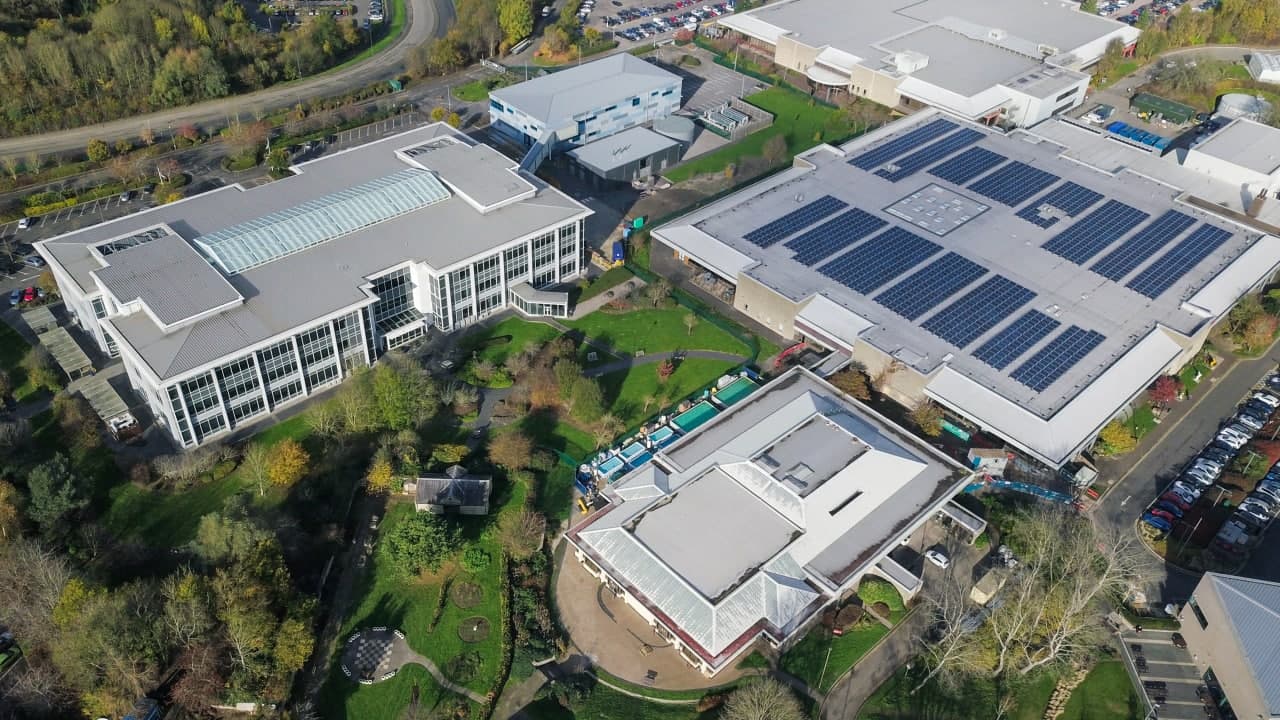Energy is now a very valuable resource. Shifts in world attitudes to the use of fossil fuels driven by global warming and climate change has meant a change in emphasis to renewable sources of energy. In conjunction, there is a far greater effort to measure the energy efficiency of systems, products and buildings to ensure that operational costs are minimised and both environmental and financial savings are maximised. Clean power generation is only part of the challenge - the engineering industry is facing an additional challenge to maximise the efficient use of energy whilst reducing reliance on fossil fuels. Government strategy and climate change action have meant that energy is more valued than ever. This course aims to provide well-trained graduates with the skills and knowledge to work towards addressing these issues. Using a mix of classroom and specialist laboratory facilities, this course will give you a strong grounding in science and engineering theory, with an emphasis on renewable power generation methods, environmental impact, and the efficient use of energy in engineering and technology. The first year is shared with all of our engineering degrees, giving you the opportunity to develop sound underpinning science and engineering skills in mathematics, mechanics, electrics, manufacturing, CAD and design processes, and professional skills. The second and third years of the course enable you to explore concepts in renewable energy, distribution of energy, and the efficient use of energy in engineering systems. This is complemented by additional work on the lightweight structures used in renewable energy technology and vehicle technology.
By the time you start your course you will have acquired an essential portfolio of academic and subject specific skills, giving you the very best chance of achieving a high-level degree.Units of study include a group technology project; an exploration of information and analysis; a theoretical and applied look at concepts and processes within technology; and a project relating directly to your chosen degree path. The degree related project is undertaken with the support of academics who will be teaching on the degree programme you have chosen. This ensures that the skills and knowledge which you develop during the foundation year will be directly applicable to your degree roughout your time at foundation level you will benefit from a supportive and student focused approach to learning. The course team have significant experience of working with students from a diverse range of academic and professional backgrounds. Foundation courses are taught in relatively small groups with a focus on individual development and “learning by doing”. This teaching style develops through the year, gently putting the emphasis on the learner in preparation for further study at degree llaborative working is another key element of the course. From the start of the year you’ll work on both individual and group work, helping you to meet fellow students and develop group working skills. These are essential in the science and engineering industries, where cross-discipline working and teamwork are vital parts of delivering successful projects.
For international students
48 UCAS tariff points from A-levels or equivalent
Completed A-levels, BTEC Diploma at MP, a T-Level Pass (D or E), or equivalent.
IELTS minimum 6.0 overall with a minimum of 5.5 in each individual component
TOEFL IBT minimum 80 with a minimum of 20 in each individual component
4 Years - Full time
![Fee]()
Fee
£15,050.00 (US$ 19,436) per year£15050 Per year This is a fixed fee
![Start Date]()
Start Date
![Address]()
Address
Main Site, East Park Terrace, Southampton, SO14 0YN, SOUTHERN ENGLAND, England

Description
Requierments
Study options






 Stay in touch with us
Stay in touch with us








